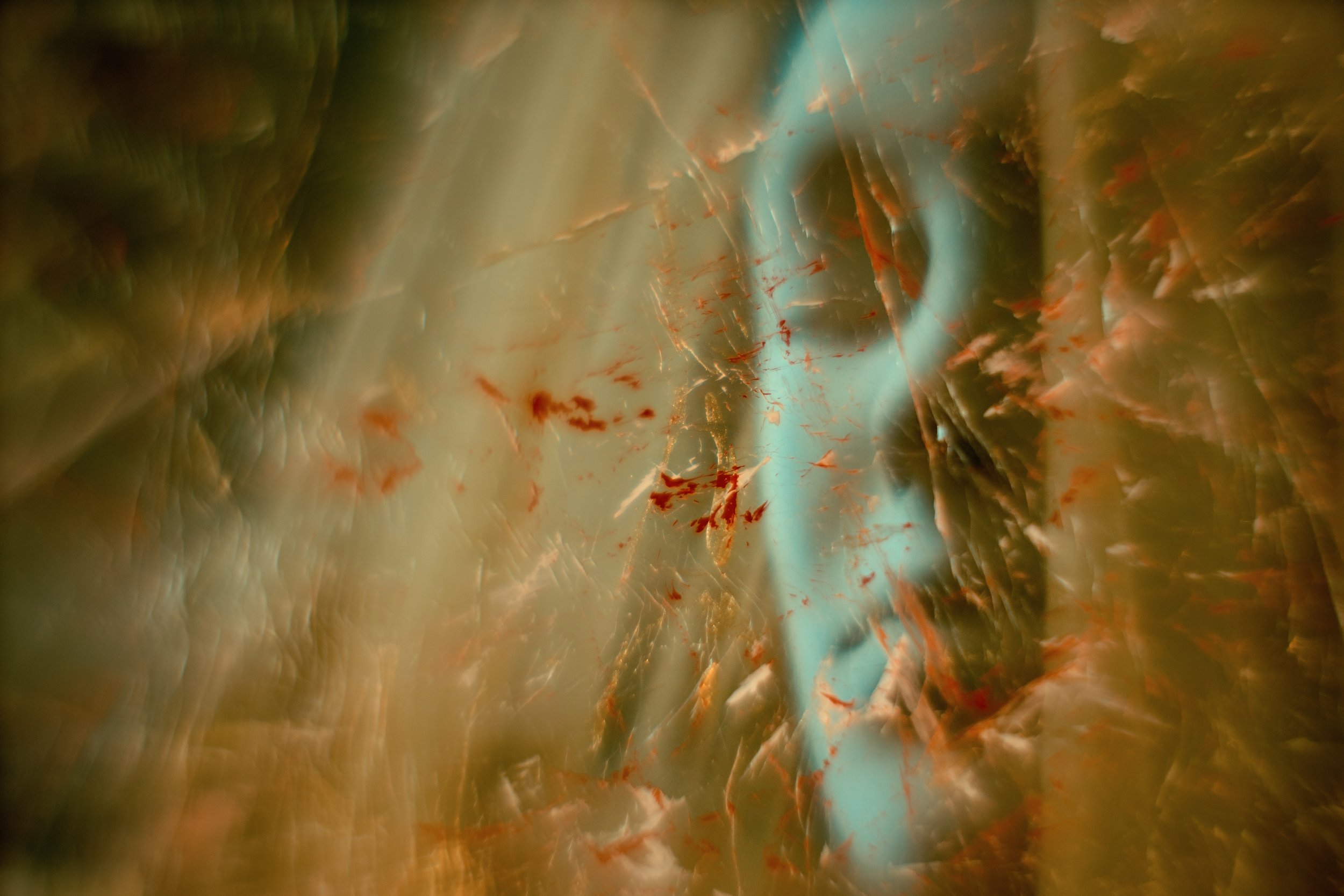Your Dreams Come True, the Trauma
The old cliche goes that you should be careful for what you wish for, because you just might get it.
A whole episode of the 1980s Disney series The Wuzzles was dedicated to teaching toddlers that very lesson, with one of the central characters, Eleroo, having a day where what he wished came true, with disastrous results.
Many of us know the experience that Aristotle (via Martha Nussbaum’s reading of his Poetics) called the tragedy of “impeded action” (on this see Nussbaum’s 1992 essay “Tragedy and Self-sufficiency“). That is the dreadful feeling of our desire slamming into the wall of limitations created by circumstances beyond our control. We feel that our worlds, or rather the delicate possible worlds that we have created in our hearts and heads, have come crashing down upon the slightest tap against it wrought by cruel reality.
If the lack of fulfilment of our desires is a tragedy, it does not necessarily mean that its opposite – the fulfilment of our desire – would mean a universe of untold bliss. The link between the fulfilment of desire with tragedy is often taken to mean the unforseen ill effects, the unpleasant anomaly to an otherwise blissful state.
To this, the beginning of chapter 8 of James Alison’s Raising Abel gives another more fundamental and – arguably more unsettling – account of what fulfilled desire does.
In his chapter on Christian hope, Alison looks at Mark’s account of the women who, upon seeing the empty tomb and being told of Jesus’ resurrection, fled the tomb in fear.
Now think about it, here was the man whom many, including these women, regarded as the Messiah, and one would think that seeing that the man they thought was dead was anything but would be an occasion of rejoicing. Instead, Alison observes pointedly that the reaction of the women, and also of the disciples who would later see him, was one of terror.
The reason for this terror, Alison explains, is that the fulfillment of hope (here it is the hope of a life without death in a deathless God), does not exactly fill us with joy because we do not have the tools to fathom it. Indeed, the irruption of this life without death removes “the fragile but real security is offered by life in the shadow of death” (162).
In other words, the lifeworld circumscribed by death is actually a comforting, though not effective, mechanisms to cope with tragedy. As Alison says, when you experience constant disappointment, it is actually comforting to know you will experience it again. After the hope of the Resurrection being dashed countless times in the Hebrew Bible, the Gospels recount Christ fulfilling that desire in his own person. This breaks through the barriers of the comfortable frames of reference we have built for ourselves.
What this means can be gleaned from the discipline of the psychoanalysis of Jacques Lacan. In his The Ego in Freud’s Theory, Lacan spoke about a point in which a person, in his or her desire for authenticity, fulfils that desire at a point where “all words cease and all categories fail”. Such a point, Lacan says “presents itself as a form of trauma”.
If Alison and Lacan are correct, then the fulfilment of desire, like new wine to an old wineskin, brings with it the capacity to shatter that architecture, leaving us naked and unable to process the experience or the implications of having our deepest desires fulfilled.
What is more, when we are so habituated into a lifeworld of frustrating yet comforting coping mechanisms, we might have to face the terror of constructing from scratch a whole other universe that would do justice to a circumstance where what fulfils our desire irrupts into our universe.
We see this terror in the all-too-trivialised experience of “cold feet” in the face of burgeoning romantic love developing the long term commitment of marriage. Either one or both parties develops the terror that comes with the realisation that the way of life – simpler, more comfortable, more predictable – that they have lived in and grown accustomed to can no longer hold in the face of the new life together with one’s spouse. Moreover, the process of construction of this new lifeworld to hold and make sense of the new joint life of the spouses is will, contrary to the intentions of the family, constantly fail and require revisiting.
In the course of pursuing our dreams we face a stark choice, the tragic comfort of frustration on the one hand, or the exhilarating anomie of fulfilment on the other. The difference that Christianity makes is that the Resurrected Christ, having busted our familiarity, becomes our new source of stability. He is, as mentioned in a previous post, the other at work behind every moment, including the moment that “the eye has not seen or the ear has not heard”.
Support Awkward Asian Theologian on Patreon, and help make a change to the theological web.




